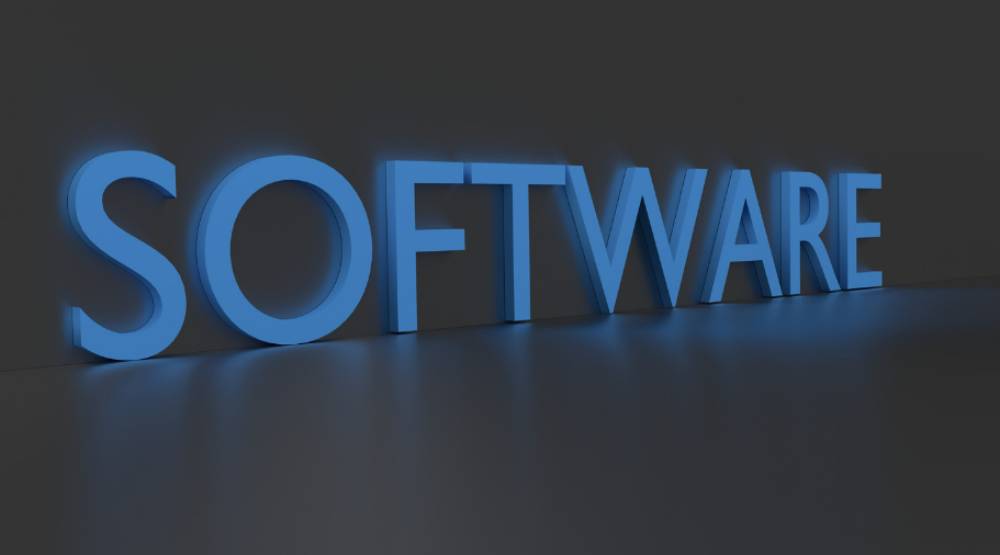Enhancing Patient Care Through EHR Software Integration

Electronic Health Records (EHR) have revolutionized the healthcare industry by digitizing medical records and streamlining patient care. However, with the ever-expanding scope of technology, simply having an EHR system in place is no longer enough. In order to truly enhance patient care and improve outcomes, healthcare providers must embrace software integration with their EHR systems. This article will explore the benefits of EHR management software integration and how it can take patient care to the next level.
1. Streamlining Communication and Coordination
One of the major advantages of EHR software integration is improved communication and coordination among healthcare providers. With integrated systems, information can be easily shared between different departments, specialties, and facilities, allowing for a more comprehensive view of a patient’s health. This can reduce the risk of errors and duplications, leading to more accurate diagnoses and treatment plans. It also allows for a more efficient transfer of patient information, which is especially important in emergency situations.
2. Enhanced Decision-Making
EHR software integration also offers healthcare providers with advanced analytics and reporting capabilities. By combining data from multiple sources, providers can gain valuable insights into patient populations, treatment effectiveness, and areas for improvement. This information can then be used to make more informed decisions about patient care, leading to more promising outcomes and improved patient satisfaction.
3. Improved Efficiency and Productivity
Another benefit of EHR software integration is the potential for increased efficiency and productivity. By automating tasks such as data entry and appointment scheduling, healthcare providers can save time and focus on delivering quality care to their patients. Additionally, integrated systems can reduce the need for manual record-keeping and paperwork, freeing up staff to focus on more important tasks.
4. Personalized Care
EHR software integration also allows for a more personalized approach to patient care. With access to comprehensive patient information, EHR or EMR can enhance the quality of care, tailoring treatment plans to individual needs. This can result in better patient outcomes and increased satisfaction.
5. Better Patient Engagement
By integrating patient portals with EHR systems, patients have easier access to their own medical information and can actively participate in their own care. This can lead to improved patient engagement and satisfaction, as well as improved adherence to treatment plans. Patients can also communicate with their providers more easily through secure messaging, reducing the need for phone calls or in-person visits.
6. Cost Savings
EHR software integration can also result in cost savings for healthcare providers. By streamlining processes and improving efficiency, providers may see a reduction in administrative costs and fewer errors that require costly corrections. Additionally, improved coordination and communication can prevent unnecessary tests and procedures, ultimately leading to cost savings for both providers and patients.
In Conclusion
EHR software integration offers numerous benefits for healthcare providers and their patients. By understanding the potential of integrated systems and utilizing them effectively, providers can enhance patient care and improve outcomes. And in case if you are wondering what to expect when switching EHR software, you may also check out this blog. Having a comprehensive and integrated EHR system is essential for delivering high-quality, personalized care in today’s fast-paced healthcare industry. So don’t wait any longer, start exploring EHR software options that offer seamless integration capabilities and see the positive impact it can make on your practice and patients.






